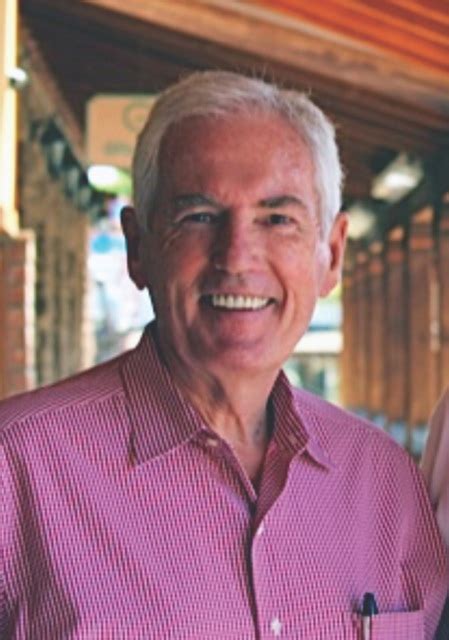A Quote by Peter Drucker
The enterprise, by definition, must be capable of producing more or better than all the resources that comprise it.
Quote Topics
Related Quotes
To survive, to avert what we have termed future shock, the individual must become infinitely more adaptable and capable than ever before. We must search out totally new ways to anchor ourselves, for all the old roots - religion, nation, community, family, or profession - are now shaking under the hurricane impact of the accelerative thrust. It is no longer resources that limit decisions, it is the decision that makes the resources.
People, materials, facilities, money, and time are the resources available to us for conducting our business. By applying our skills, we turn these resources into useful products and services. If we do a good job, customers pay us more for our products than the sum of our costs in producing and distributing them. This difference, our profit, represents the value we add to the resources we utilize.
It is certain that despotism ruins individuals by preventing them from producing wealth much more than by depriving them of what they have already produced; it dries up the source of riches, while it usually respects acquired property. Freedom, on the contrary, produces far more goods than it destroys; and the nations which are favored by free institutions invariably find that their resources increase even more rapidly than their taxes.
Hackman's paradox: Groups have natural advantages: they have more resources than individuals; greater diversity of resources; more flexibility in deploying the resources; many opportunities for collective learning; and, the potential for synergy. Yet studies show that their actual performance often is subpar relative to "nominal" groups (i.e. individuals given the same task but their results are pooled.) The two most common reasons: groups are assigned work that is better done by individuals or are structured in ways that cap their full potential.


































